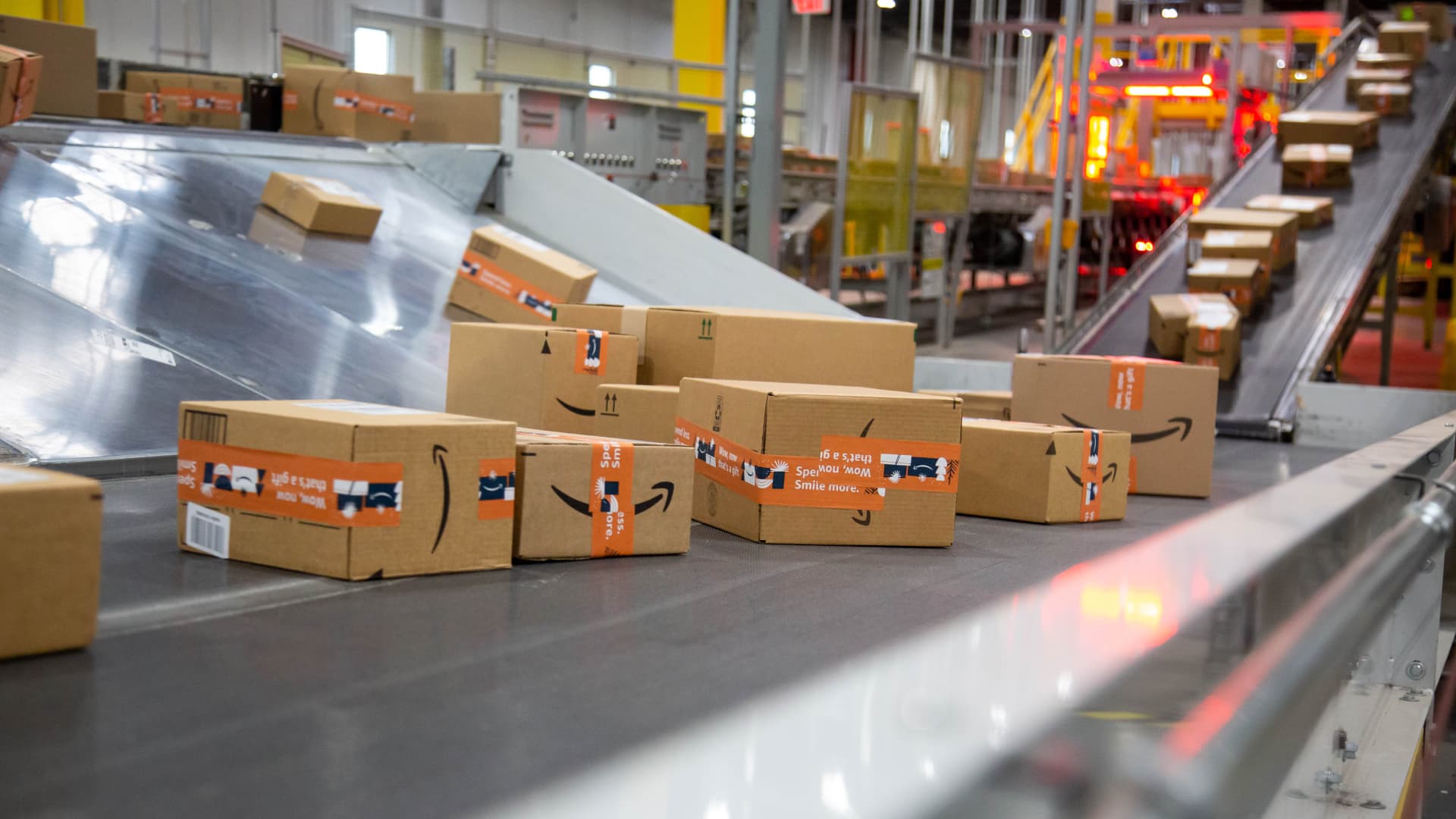Amazon courts sellers at China summit as Temu and Shein gain momentum


Amazon is making a fresh appeal to China-based sellers as it fends off growing competition from discount online retailers Temu and Shein, which both have roots in the world’s second-largest economy.
At a conference that began Tuesday and runs through Friday, Amazon said it plans to open an “innovation center” near Shenzhen, a hub for technology companies and cross-border e-commerce that’s often referred to as China’s Silicon Valley. Amazon said it will “promote sellers in the Asia-Pacific region in product launch, brand building, and digitization.”
The company is also giving Chinese sellers access to its end-to-end supply chain service, which debuted in the U.S. in September. The offering allows merchants to move goods from factories overseas and replenish them on Amazon and other channels “in one stop.”
The annual conference for sellers in China features some of Amazon’s top brass, and typically attracts thousands of merchants from the region. While Amazon no longer operates in China, the country has become a hotspot for businesses looking to market their products to Amazon’s global customer base. At one point, nearly half of the top Amazon sellers were based in China, according to Marketplace Pulse.
Amazon said in 2023 the number of items sold by Chinese sellers on its site grew more than 20% year over year, while the number of Chinese sellers with sales over $10 million increased 30%.
Meanwhile, stiff competition in the region is emerging from Temu, owned by Chinese tech giant PDD Holdings, and Shein, which was founded in China but last year moved its headquarters to Singapore.
Shein, which primarily sells fast fashion items and accessories, launched a marketplace earlier this year that seeks to offer a wider variety of products, ranging from electronics to homewares. Some Amazon merchants have begun selling on Shein in recent months.
In late November, Shein filed confidentially for an IPO in the U.S. While a listing could broaden Shein’s popularity in the U.S. and globally, the company has faced scrutiny over its impact on the environment, ties to China and allegations that it uses forced labor in its supply chain. The company was last valued at $66 billion, CNBC previously reported.
Temu, a digital bargain basement that features a mix of goods ranging from quirky knick-knacks to cheaper lookalikes of established brands, ran a Super Bowl ad early this year and has since been on a marketing blitz. In the fourth quarter, Temu accounted for 20% to 25% of ad impressions purchased on Google, compared to “near zero” at the end of 2022, according to a recent research note from TD Cowen. Temu shoppers spend nearly twice as much time in the app as they do on Amazon and eBay.
Amazon last week updated its fees for sellers, cutting the commission it takes on clothing priced below $15 to 5% from 17%, in an apparent appeal to Shein and Temu merchants. Etsy CEO Josh Silverman acknowledged at an investor event earlier this month that Temu and Shein are “taking a little bit of share from everyone.”
“There’s a lot of people focused on selling you cheap goods cheaper, that end up in a landfill five minutes later,” Silverman said. “We think there’s a big alternative to do something different that’s truly meaningful, and in doing so, earn a spot in your mind.”
Etsy, which is known for its handmade and artisan goods, announced Wednesday it’s laying off 11% of its workforce, or about 225 employees.
WATCH: Shein’s secret sauce
This post has been syndicated from a third-party source. View the original article here.




